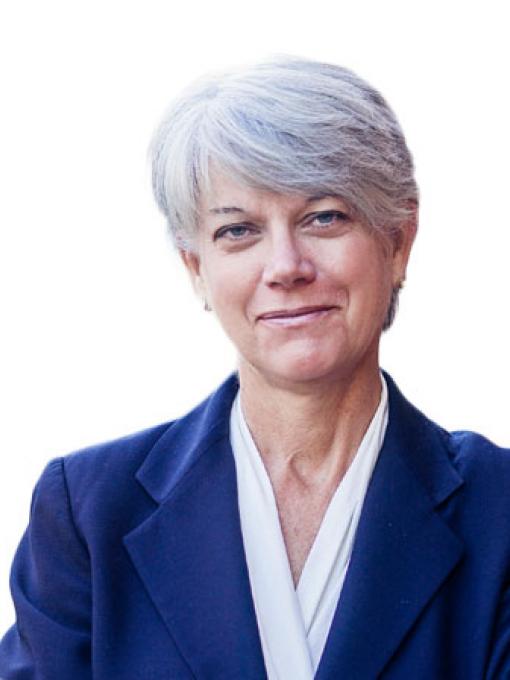The 2021 United Nations Climate Change Conference (COP26) is set to kick off this weekend, and the stakes couldn’t be higher. As Friends, “we declare that humankind must respect the ecological integrity and sacredness of the natural world. Our commitment to the health and well-being of the earth is based on the conviction that there is that of God in all of creation, not just the earth’s human inhabitants.”
The climate change summit, to be held in Glasgow, Scotland, from Oct. 31-Nov. 12, will give world leaders a chance to chart a new future together, one in which care for the planet comes before nationalism and profits. It is an opportunity that we cannot afford to miss.
The warning sirens for catastrophic consequences of climate change grow louder and louder.
The warning sirens for catastrophic consequences of climate change grow louder and louder. Last August, the Intergovernmental Panel on Climate Change released a devastating report which UN Secretary-General Antonio Guterres described as a “code red for humanity.” Another recent UN report noted that greenhouse gas emissions hit record levels in 2020 despite pandemic lockdowns, and warned that the world was “way off track” in meeting emission goals.
Meanwhile, wildfires, heatwaves, and record-breaking floods continue to ravage homes and habitats across the world. These words from 20th-century Quaker Elizabeth Watson echo more clearly than ever: “Only when we see that we are a part of the totality of the planet, not a superior part with special privileges, can we work effectively to bring about an earth restored to wholeness.”
World leaders must absorb and act upon that understanding. But responsibility for addressing the climate crisis doesn’t just lie with heads of state. If we truly hope to address both the causes and the destructive impacts of climate change, then we need action from the national, local, and individual levels. Some faith communities and industries have provided leadership for real change through commitments to reduce carbon and their demand on fossil fuels.
However, with the United States positioned as one of the world’s highest emitters of carbon, it is imperative that the U.S. government and Congress take responsibility for the crisis we face. Bold action must be taken to transform our reliance on all harmful energy sources and pollutants that are accelerating climate change and environmental degradation.
It is imperative that the U.S. government and Congress take responsibility for the crisis we face.
Congress needs to pass legislation to reduce carbon emissions. A first step should be a price on carbon, which could rapidly lower greenhouse gas emissions and put the United States on a path to a low-carbon economy that benefits all people. But a carbon tax alone is not sufficient.
Lawmakers also need to place environmental justice at the center of its environmental agenda. The starkest effects of the climate crisis will disproportionately impact low-income communities and communities of color. Congress has a moral obligation to center those most profoundly affected in every piece of environmental legislation that it passes.
For Friends, this moment provides a chance to live our faith in action. A recent statement from Quakers in Britain put it well: “Quakers cannot and will not stand by and see everything we love destroyed. We know COP26 will not deliver climate justice—this is a long struggle. But when we take action together, we are powerful, and we are part of a mass movement of people that will not be defeated.”
If you’re interested in lifting up calls for an earth restored, learn more about Quaker Earthcare Witness, a large network of Friends focused on empowering Spirit-led action on environmental concerns. We also urge you to join an Oct. 31 event hosted by the Friends World Committee for Consultation, which will bring together young Quakers from around the world to share their experiences with climate change.
FCNL also has ways for you act. Take a moment to contact Congress in support of urgent action on climate change. Stay up to date on what is happening in Congress by subscribing to Inside the Greenhouse, our monthly newsletter, or by joining our monthly Call to Conscience. Your lobbying and your voice as a constituent can and will make a difference.
No single gathering by the United Nations will solve the climate crisis. But we pray that COP26 will serve as a global moment of unity, and hope that it inspires U.S. political leaders to tackle this grave problem faced by humanity.

